Table of Contents
Introduction – W. van Bunge, Henri Krop, Piet Steenbakkers and Jeroen M.M. van de Ven (Erasmus University Rotterdam, The Netherlands, Erasmus University Rotterdam, The Netherlands, Utrecht University, The Netherlands and Boxtel, The Netherlands)
Acknowledgements
Abbreviations
List of Contributors
1. Life – Jeroen van de Ven (Boxtel, The Netherlands)
2. Influences
Introduction – P. Steenbakkers (Utrecht University, The Netherlands)
Burgersdijk – H. Krop (Erasmus University Rotterdam, The Netherlands)
Descartes – P. Steenbakkers (Utrecht University, The Netherlands)
Enden – F. Mertens (University of Ghent, Belgium)
Heereboord – H. Krop (Erasmus University Rotterdam, The Netherlands)
Jewish Philosophical Influences: Maimonides, Crescas, Abrabanel, Menasseh Ben Israel, Kabbalah, Delmedigo – T. Rudavsky (The Ohio State University, USA)
Stoa – J. Miller (Queen’s University, Canada)
3. Early Critics
Pierre Bayle – G. Mori (Università degli Studi del Piemonte Orientale Amedeo Avogadro, Italy)
Samuel Clarke – W. van Bunge (Erasmus University Rotterdam, The Netherlands)
Henry More – W. van Bunge (Erasmus University Rotterdam, The Netherlands)
Bernard Nieuwentijt – W. van Bunge (Erasmus University Rotterdam, The Netherlands)
John Toland – R.H. Vermij (University of Oklahoma, USA)
Christoph Wittich – M. Aalderink (Utrecht University, The Netherlands)
4. Glossary
Accidens, Acquiescentia in se ipso – D. Rutherford (University of California, San Diego, USA)
Actio – Ch. Jaquet (Université de Paris 1, Panthéon-Sorbonne, France)
Adaequatus – F. Buyse (Université de Paris 1, Panthéon-Sorbonne, France)
Aequalitas – J.I. Israel (Princeton, USA)
Aeternitas – P.-F. Moreau (École Normale Supérieure des Lettres et Sciences Humaines de Lyon, France)
Affectio – H. Krop (Erasmus University Rotterdam, The Netherlands)
Affectus – T. Nyden (Grinnell College, USA)
Amicitia – M. van Reijen (AVANS Hogeschool, Breda, The Netherlands)
Amor intellectualis Dei – H. van Ruler (Erasmus University Rotterdam,The Netherlands)
Apostolus – R. Bordoli (Universita degli Studi di Urbino Carlo Bo, Italy)
Appetitus – T. Cook (Rollins College, USA)
Aristocratia – M. Terpstra (Radboud University Nijmegen, The Netherlands)
Atheismus – H. Krop (Erasmus University Rotterdam, The Netherlands)
Attributum – W. van Bunge (Erasmus University Rotterdam, The Netherlands)
Beatitudo – H. van Ruler (Erasmus University Rotterdam,The Netherlands)
Bonum – T. Cook (Rollins College, USA)
Caeremonia – R. Bordoli (Universita degli Studi di Urbino Carlo Bo, Italy)
Causa – O. Koistinen (University of Turku, Finland)
Christus – P.C. Juffermans (Tilburg University, The Netherlands)
Civis – M. Terpstra (Radboud University Nijmegen, The Netherlands)
Cogitatio – Th. Verbeek (Utrecht University, The Netherlands)
Cognitio – L. Spruit (Università La Sapienza Roma, Italy)
Conatus – L. Bove (Université de Picardie Jules Vernes, France)
Conceptus – Th. Verbeek (Utrecht University, The Netherlands)
Conscientia – T. Nyden (Grinnell College, USA)
Corpus – F. Buyse (Université de Paris 1, Panthéon-Sorbonne, France)
Democratia – M. Terpstra (Radboud University Nijmegen, The Netherlands)
Denominatio – H. Krop (Erasmus University Rotterdam, The Netherlands)
Determinatio – O. Koistinen (University of Turku, Finland)
Deus, Intellectus and Voluntas Dei – H. de Dijn (Catholic University of Leuven, Belgium)
Distinctio – H. Krop (Erasmus University Rotterdam, The Netherlands)
Duratio – H. Krop (Erasmus University Rotterdam, The Netherlands)
Electio – R. Bordoli (Universita degli Studi di Urbino Carlo Bo, Italy)
Ens – H. Krop (Erasmus University Rotterdam, The Netherlands)
Ens rationis – Th. Verbeek (Utrecht University, The Netherlands)
Error – M. Aalderink (Utrecht University, The Netherlands)
Esse – H. Krop (Erasmus University Rotterdam, The Netherlands)
Essentia – H. Krop (Erasmus University Rotterdam, The Netherlands)
Existentia – H. Krop (Erasmus University Rotterdam, The Netherlands)
Experientia – H. Krop (Erasmus University Rotterdam, The Netherlands)
Femina / Mulier – H. Krop (Erasmus University Rotterdam, The Netherlands)
Fides – R. Bordoli (Universita degli Studi di Urbino Carlo Bo, Italy)
Finis – H. Krop (Erasmus University Rotterdam, The Netherlands)
Fortitudo – H. Krop (Erasmus University Rotterdam, The Netherlands)
Fundamenta fi dei – R. Bordoli (Universita degli Studi di Urbino Carlo Bo, Italy)
Generositas – H. van Ruler (Erasmus University Rotterdam,The Netherlands)
Historia – H. Krop (Erasmus University Rotterdam, The Netherlands)
Homo – M. Hampe (ETH-Zürich, Switzerland)
Idea – Th. Verbeek (Utrecht University, The Netherlands)
Imaginatio – P. Steenbakkers (Utrecht University, The Netherlands)
Imperium – M. Terpstra (Radboud University Nijmegen, The Netherlands)
In se esse – O. Koistinen (University of Turku, Finland)
Infinitum – P.-F. Moreau (École Normale Supérieure des Lettres et Sciences Humaines de Lyon, France)
In suo genere, Intellectus – L. Spruit (Università La Sapienza Roma, Italy)
Interpretatio – R. Bordoli (Universita degli Studi di Urbino Carlo Bo, Italy)
Involvere – O. Koistinen (University of Turku, Finland)
Iudicium – F. Buyse (Université de Paris 1, Panthéon-Sorbonne, France)
Lex – J.L.M. Gribnau (Tilburg University, The Netherlands)
Liber – Ch. Jaquet (Université de Paris 1, Panthéon-Sorbonne, France)
Libertas – Ch. Jaquet (Université de Paris 1, Panthéon-Sorbonne, France)
Libertas philosophandi – Th. Verbeek (Utrecht University, The Netherlands)
Mens – L. Spruit (Università La Sapienza Roma, Italy)
Metaphysica – H. Krop (Erasmus University Rotterdam, The Netherlands)
Miraculum – P.C. Juffermans (Tilburg University, The Netherlands)
Modificatio, Modus – H. Krop (Erasmus University Rotterdam, The Netherlands)
Monarchia – M. Terpstra (Radboud University Nijmegen, The Netherlands)
Moses – W. van Bunge (Erasmus University Rotterdam, The Netherlands)
Motus – T.M. Schmaltz (University of Michigan, USA)
Natura – P.-F. Moreau (École Normale Supérieure des Lettres et Sciences Humaines de Lyon, France)
Natura naturans – H. Krop (Erasmus University Rotterdam, The Netherlands)
Nihil – J. Noordegraaf (Free University of Amsterdam, The Netherlands)
Notio communis – Th. Verbeek (Utrecht University, The Netherlands)
Ordo et connexion – Ch. Jaquet (Université de Paris 1, Panthéon-Sorbonne, France)
Ordo geometricus. Defi nitio. Axioma. – H. de Dijn (Catholic University of Leuven, Belgium)
Passio – M. van Reijen (AVANS Hogeschool, Breda, The Netherlands)
Pathema animi – M. van Reijen (AVANS Hogeschool, Breda, The Netherlands)
Paulus – R. Bordoli (Universita degli Studi di Urbino Carlo Bo, Italy)
Percipio – Th. Verbeek (Utrecht University, The Netherlands)
Perfectio – M. Aalderink (Utrecht University, The Netherlands)
Philosophia – H. Krop (Erasmus University Rotterdam, The Netherlands)
Pietas – P.C. Juffermans (Tilburg University, The Netherlands)
Possibile – J. Miller (Queen’s University, Canada)
Potentia – Ch. Jaquet (Université de Paris 1, Panthéon-Sorbonne, France)
Potestas – M. Terpstra (Radboud University Nijmegen, The Netherlands)
Propheta – R. Bordoli (Universita degli Studi di Urbino Carlo Bo, Italy)
Quatenus – H. Krop (Erasmus University Rotterdam, The Netherlands)
Realitas – H. Krop (Erasmus University Rotterdam, The Netherlands)
Religio – P.C. Juffermans (Tilburg University, The Netherlands)
Respublica Hebraeorum / nation Hebraica – M. Terpstra (Radboud University Nijmegen, The Netherlands)
Respublica – J.L.M. Gribnau (Tilburg University, The Netherlands)
Revelatio – R. Bordoli (Universita degli Studi di Urbino Carlo Bo, Italy)
Scriptura sacra – R. Bordoli (Universita degli Studi di Urbino Carlo Bo, Italy)
Servitudo – Ch. Jaquet (Université de Paris 1, Panthéon-Sorbonne, France)
Sive – P. Steenbakkers (Utrecht University, The Netherlands)
Societas – J.L.M. Gribnau (Tilburg University, The Netherlands)
Status naturae – J.L.M. Gribnau (Tilburg University, The Netherlands)
Sub specie aeternitatis – H. Krop (Erasmus University Rotterdam, The Netherlands)
Substantia – H. Krop (Erasmus University Rotterdam, The Netherlands)
Superstitio – P.C. Juffermans (Tilburg University, The Netherlands)
Theocratia – M. Terpstra (Radboud University Nijmegen, The Netherlands)
Theologia – R. Bordoli (Universita degli Studi di Urbino Carlo Bo, Italy)
Tolerantia – J.I. Israel (Princeton, USA)
Transcendentale – E.P. Bos (Leiden University, The Netherlands)
Utile / Utilitas – M. Hampe (ETH-Zürich, Switzerland)
Vacuum – T.M. Schmaltz (University of Michigan, USA)
Veritas – F. Buyse (Université de Paris 1, Panthéon-Sorbonne, France)
Virtus – T. Cook (Rollins College, USA)
Voluntas – L. Spruit (Università La Sapienza Roma, Italy)
5. Short Synopses – P. Steenbakkers (Utrecht University, The Netherlands)
6. Spinoza Scholarship – W. van Bunge (Erasmus University Rotterdam, The Netherlands)
Index
The Bloomsbury Companion to Spinoza
Wiep van Bunge (Anthology Editor) , Henri Krop (Anthology Editor) , Piet Steenbakkers (Anthology Editor) , Jeroen van de Ven (Anthology Editor)
Description
Benedictus Spinoza (1632-77) was among the most important of the post-Cartesian philosophers of the second half of the seventeenth century and is still widely studied today. He made original contributions in every major area of philosophy and is best known for his Ethics, which is often held up as a supreme example of a self-contained metaphysical system intended to explain the universe.
The Bloomsbury Companion to Spinoza is the first to offer an accessible, encyclopaedic account of Spinoza’s life and ideas, his influences and commentators, and his lasting significance. Some of the best features include an annotated chronology of Spinoza’s life, bibliographies of his major influences and critics, a substantive dictionary of key Spinozan concepts, summaries of Spinoza’s principal writings and concludes with a chapter on Spinoza’s place in modern academic scholarship. The volume is also updated with words on the recent major event in Spinoza scholarship with the discovery of the Vatican manuscript of Spinoza’s Ethics.
The Bloomsbury Companion to Spinoza is a valuable research tool for anyone interested in Spinoza and the era of great change in which he lived and wrote.
| Edition | 2024 Paperback |
|---|---|
| ISBN | 9789361310805 |
| Pages | 398 |
| Publisher |
Bloomsbury Publishing |
| Series |
T&T Clark Handbooks |

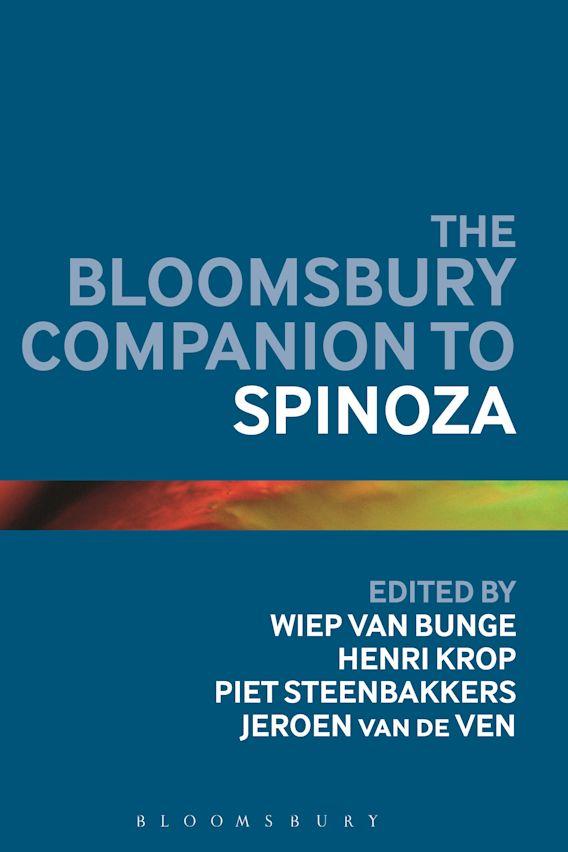
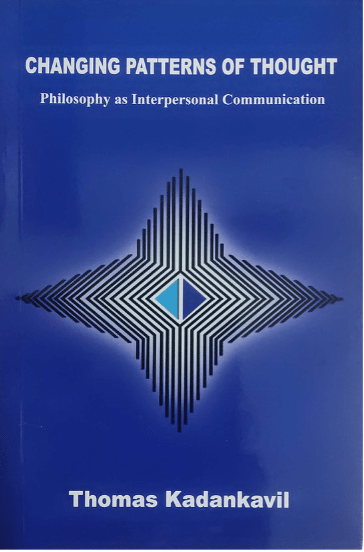
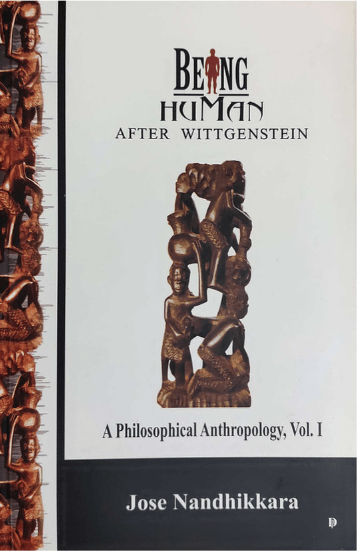
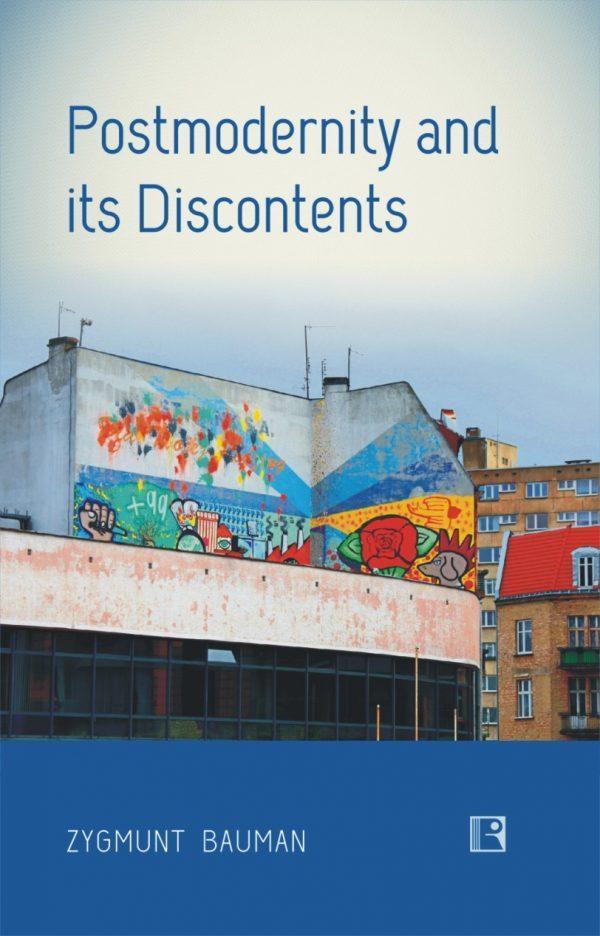
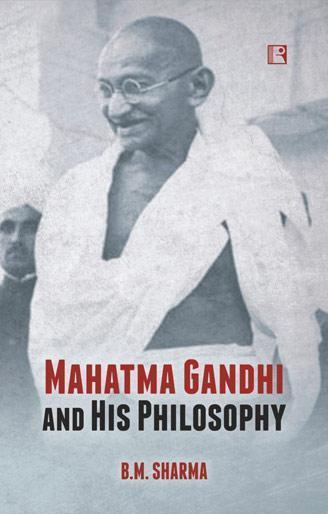







Reviews
There are no reviews yet.